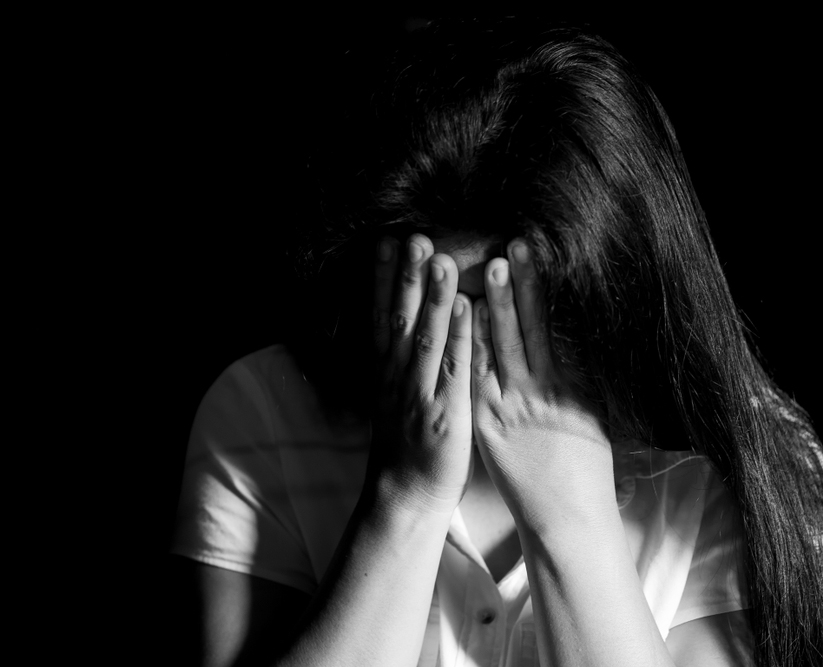When a law needs reiteration by the highest court of the country, it is a revealing comment on that country’s society and institutions. Obviously, the law is not being obeyed. That is certainly the case where survivors and victims of rape are concerned. Section 228A of the Indian Penal Code strictly forbids the disclosure of the identity of survivors in the media or in any other public forum. The same prohibition has been emphasized in Section 23 of the Protection of Children from Sexual Offences Act, 2012 with regard to minors. Yet the Supreme Court has had to state the prohibition all over again. The court’s direction came in the context of petitions that required guidelines for the protection of the dignity of survivors and victims of sexual abuse in the wake of the 2012 Delhi gang rape case. One of the issues raised was the balance between the rights of the media and women’s right to fair trial.
The court reportedly noted that the targets of sexual violence are treated as untouchables, which is a criticism of a society that shames the survivors and victims of rape and molestation. One of the most important safeguards against this is the protection of identity. The Supreme Court has not only reiterated the contents of the relevant sections in law, but it has also itemized certain conditions that could have been considered as exceptions. The print and electronic media cannot give any indication of the identity of victims and survivors, even indirectly, while nothing referring to their identity in police reports can be made public. The court made clear that names should not be mentioned even if the target of sexual abuse was dead or challenged in some way, or if her guardian had no objection. These were once possible exceptions. The most striking prohibition was directed at rallies and social media. Making the victim into an icon by name in protest movements, as happened in the case of the Kathua gang rape, was not acceptable. This exhaustive list is welcome in the interests of women’s dignity and the process of justice. But it is for the people alone to ensure that wounded women and girls within their families are given proper succour and not shamed and cornered. Only then will the real change take place.











